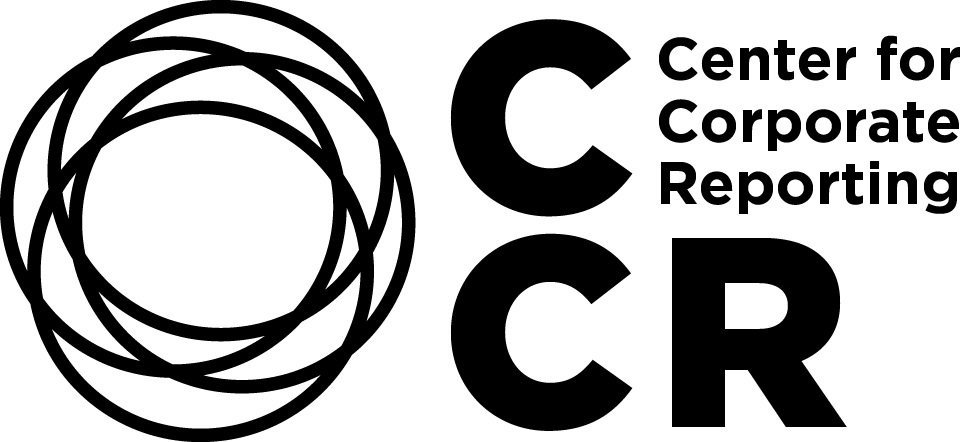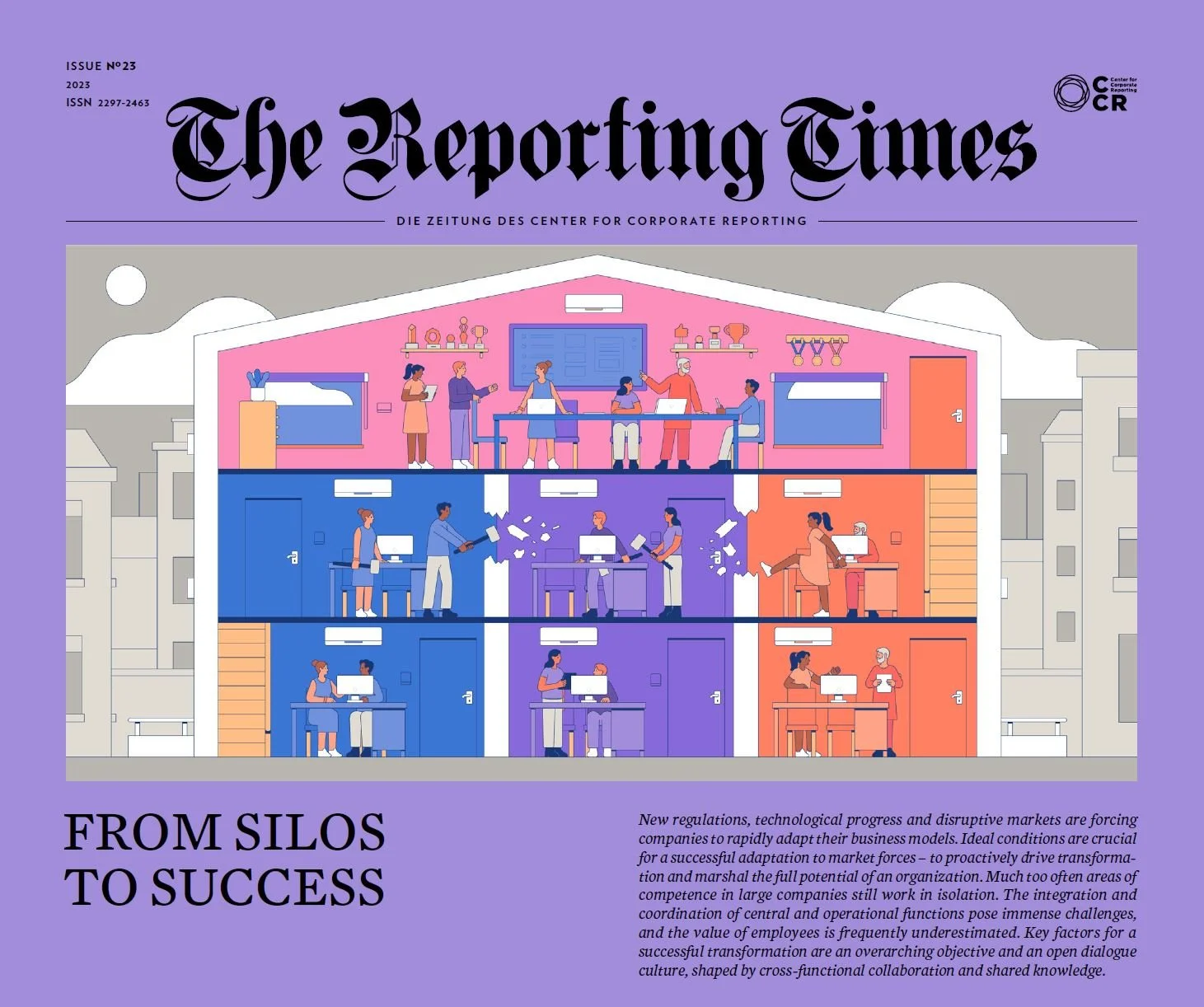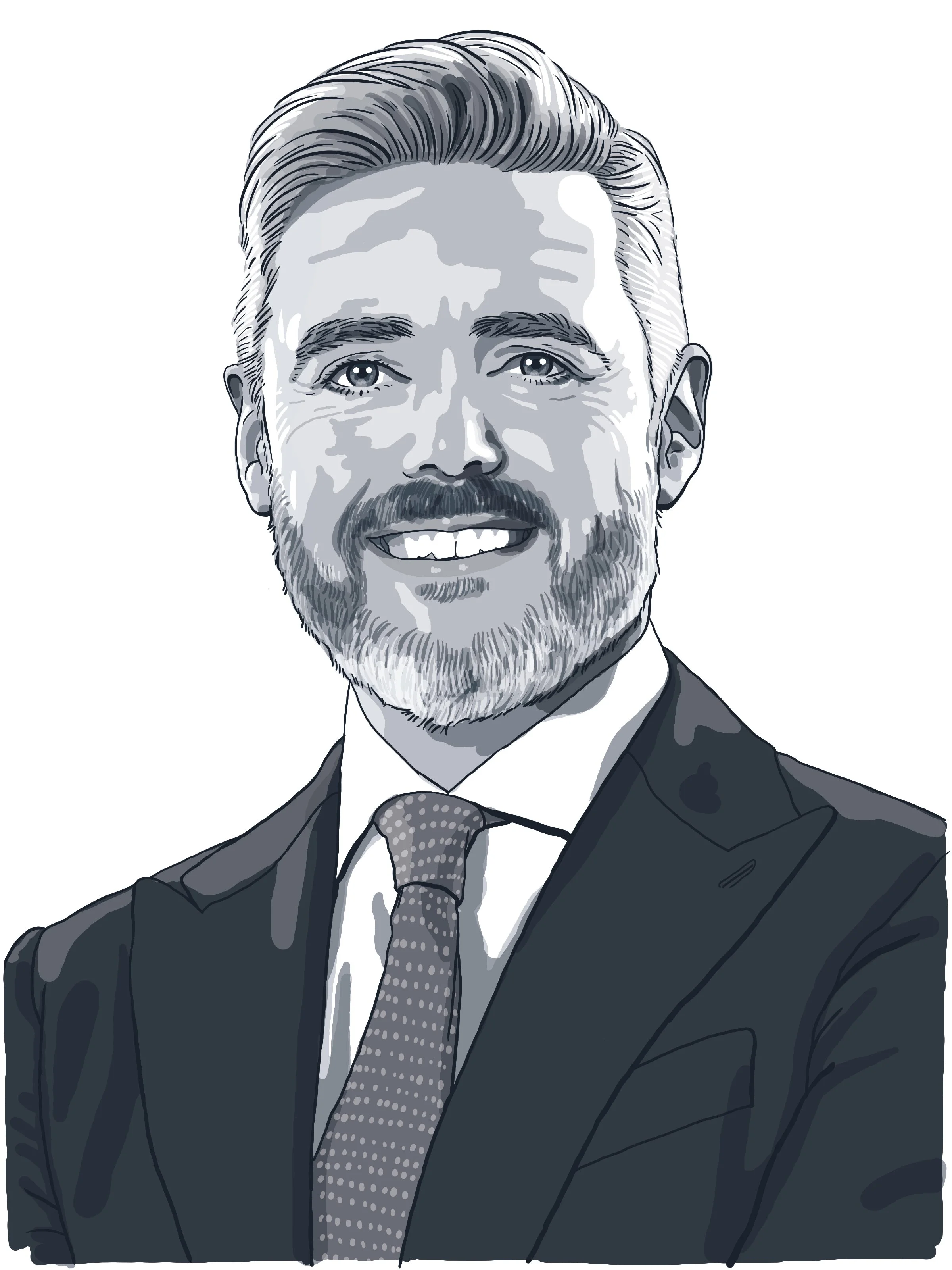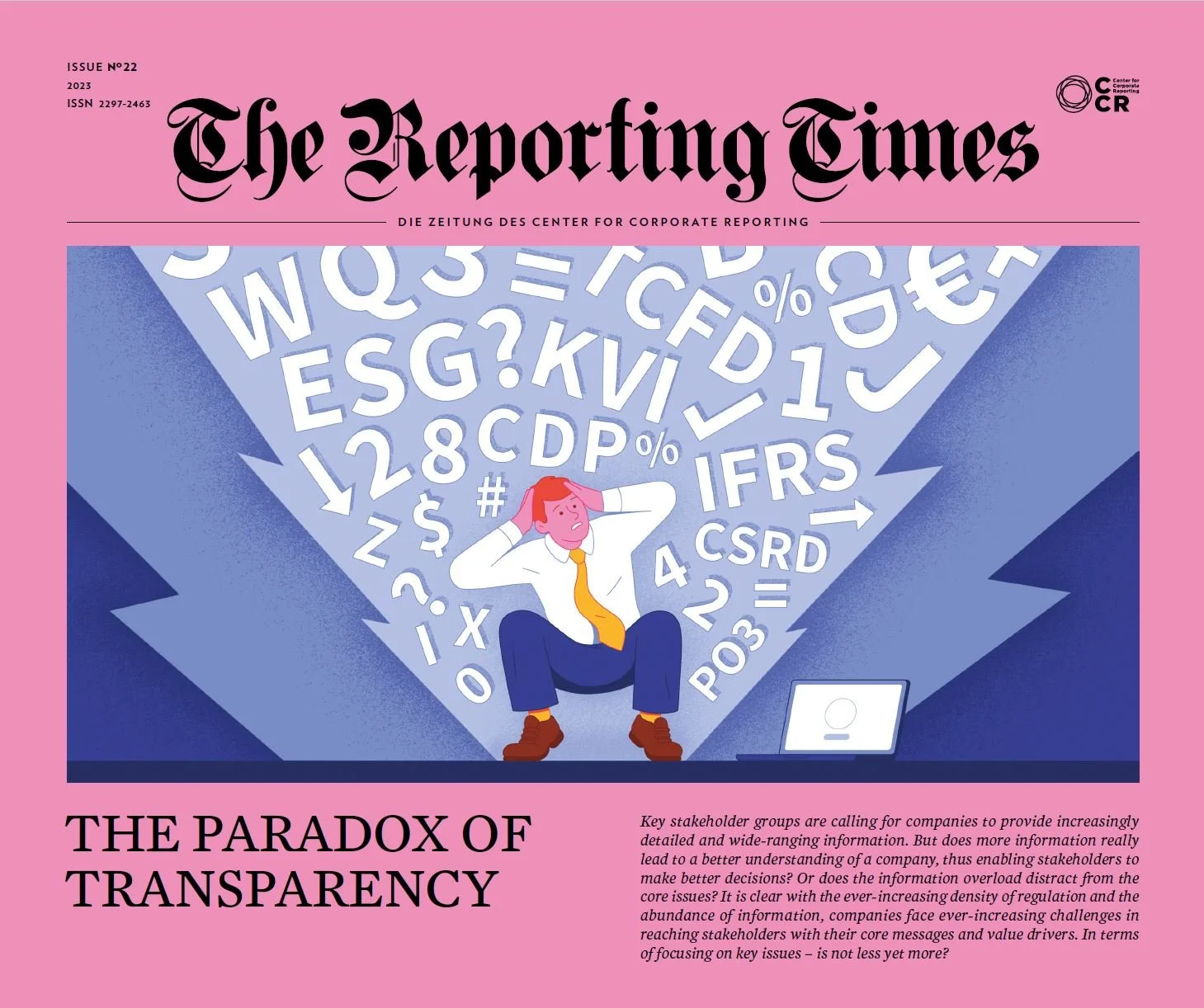By Claire Bodanis
Last week, one of my US reporting pals alerted me to a survey by Workiva, which found that “83% of [US] executives… say their company uses generative AI to augment business reporting staff” and “89% say their company will likely do so in the next five years”. I find these statistics fascinating, because either the US is miles ahead of the UK in using AI in its reporting, or I’ve been phrasing my own questions to UK reporters somewhat differently.








































